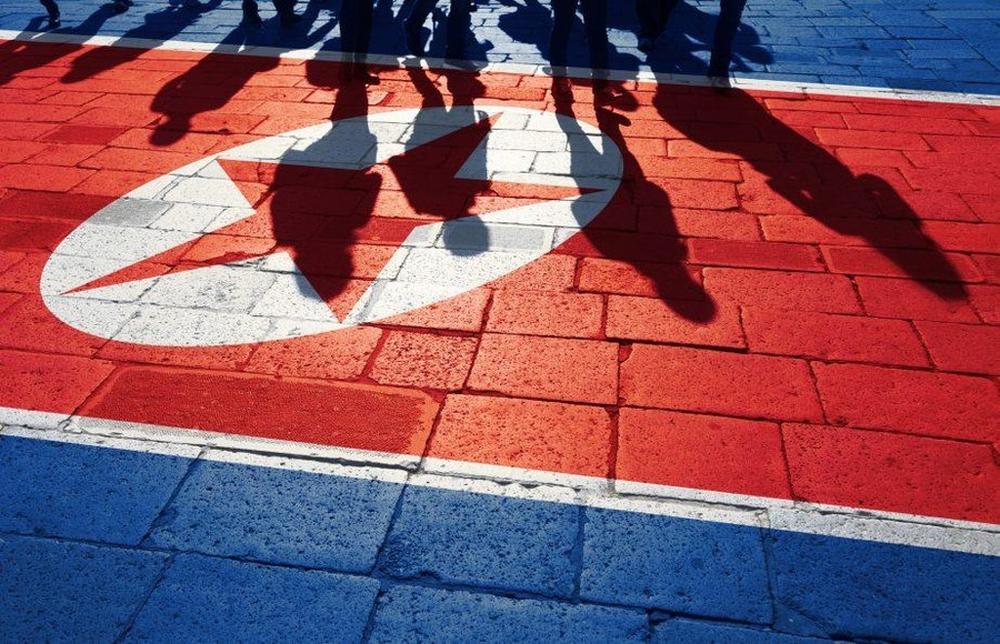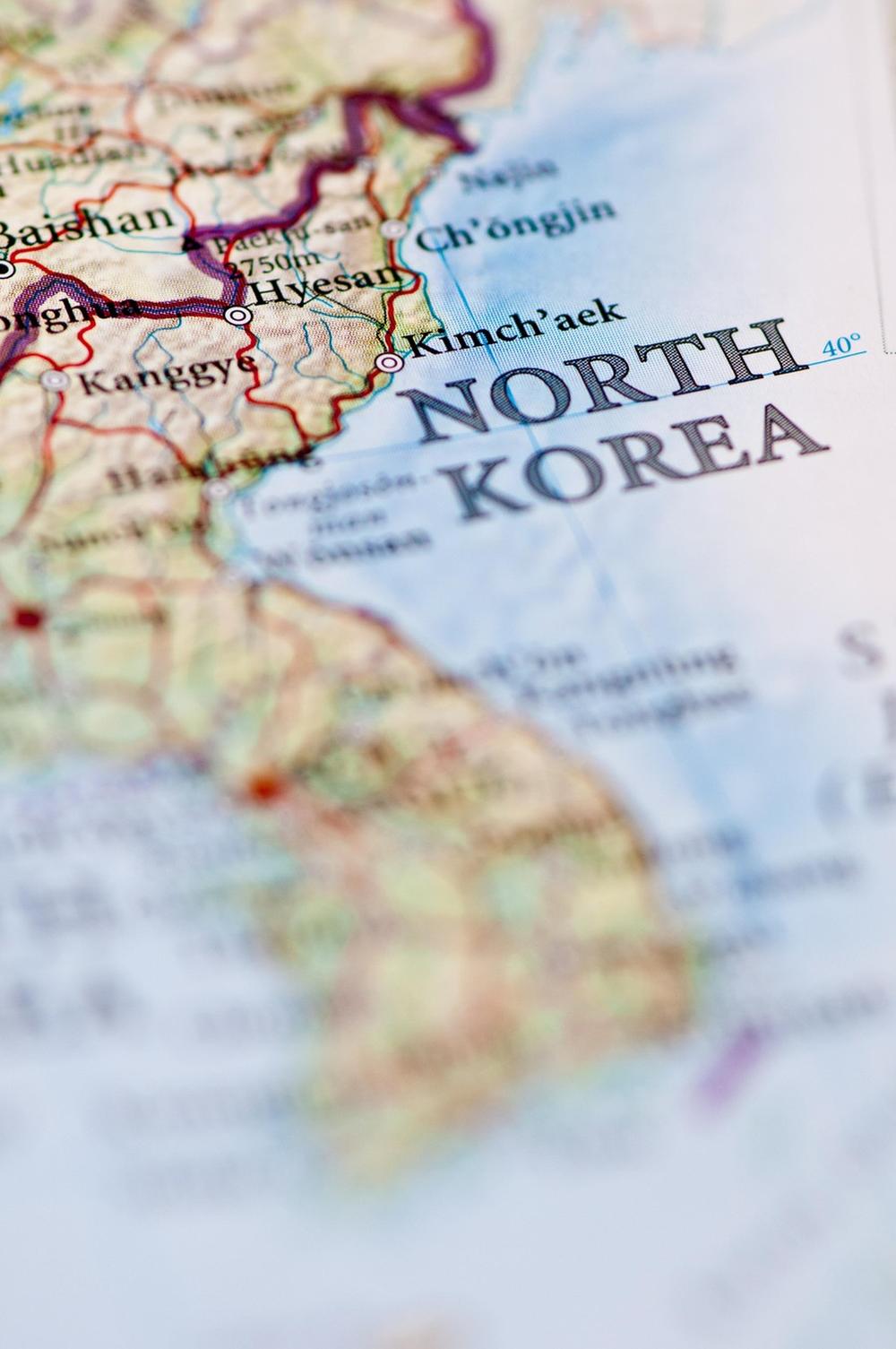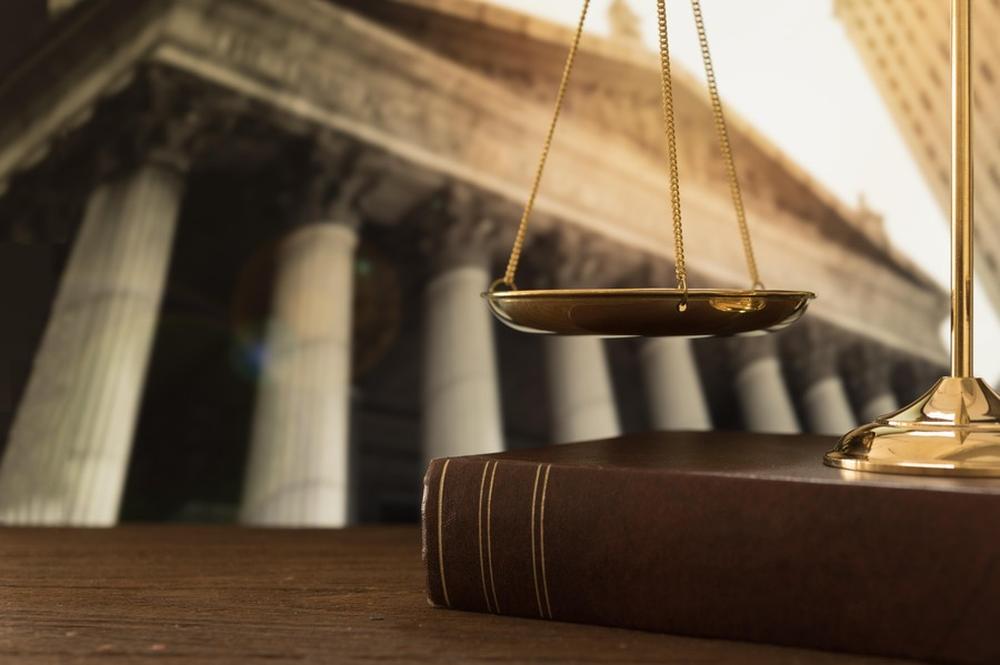- #North Korea
- #Nuclear & Missile Issues
- #Sanctions & Human Rights

► Despite a decade has passed since a United Nations Commission of Inquiry (COI) was mandated to ensure full accountability for violations of human rights in the Democratic People’s Republic of Korea, there has been no significant progress, particularly regarding crimes against humanity and ensuring accountability.
► The ongoing human rights violations in North Korea are inextricably linked with the threats to peace and security concerns, with violations in the penal system destabilizing security policies.
► Indeed, the DPRK’s penal system serves as a political apparatus to enforce loyalty to Supreme Leader Kim Jong Un, rather than serving conventional judicial and penal purposes. It eventually supports North Korea’s nuclear and missile programs, drawing a direct link between human rights abuses and security concerns.
► To address human rights violations in North Korea’s penal system and their connection to the country’s weapon programs, i) implement targeted human rights sanctions by various countries such as the US and UK, targeting individuals and entities responsible for human rights abuses, ii) impose potential universal jurisdiction laws that enable the prosecution of certain international crimes, such as torture, even when committed outside the prosecuting country's territory.
Introduction
In March 2023, it was a decade since a United Nations Commission of Inquiry (COI) was mandated to ensure full accountability for violations of human rights in the Democratic People’s Republic of Korea (DPRK). As the international community marked this anniversary, there remained no serious prospect for implementing the COI’s core recommendations to ensure accountability for human rights violations, in particular for crimes against humanity, through a referral of the situation in the DPRK to the International Criminal Court or the creation of a United Nations ad hoc International Tribunal for the DPRK.
Prospects for lasting peace and security on the Korean peninsula remain similarly elusive. The DPRK is governed by the Workers’ Party of Korea (WPK), which continues to develop its weapons of mass destruction (WMD) and ballistic missile programs in violation of multiple United Nations Security Council resolutions. A series of escalatory ballistic missile launches in 2023 demonstrate the WPK’s clear determination to develop its unlawful weapons programs at the expense of peace and security in the region.
In March 2023, Albania and the United States convened an Arria-formula meeting. The meeting, which was co-sponsored by Japan and the Republic of Korea, drew attention to 1) ongoing violations in the DPRK; 2) identifying opportunities for the international community to promote accountability for the DPRK’s human rights violations; and 3) underscoring how the DPRK’s human rights violations are inextricably linked with the threats to peace and security posed by the DPRK’s WMD and ballistic missile programs.
Korea Future’s investigations of the DPRK penal system point to clear structural linkages between human rights violations and peace and security concerns, whereby violations in the penal system enable destabilizing security policies, reinforce the need for such policies, or are wielded to rule out alternatives to such policies. All of this suggests that tangible political progress on human rights and peace and security are mutually dependent and must identify and address the common causes and mutual factors of reinforcement in the pursuit of accountability interventions.
This article provides a non-exhaustive overview of the DPRK penal system and its structural underpinnings that link findings from Korea Future’s documentation to the continuity of the WPK’s WMD programs. A decade after the COI was mandated, and accounting for both the continuities and changes in the international justice landscape, accountability solutions that support the nexus of human rights and peace and security are offered.
DPRK Penal System
Created under the Soviet Civil Administration in November 1945, the penal system was initially overseen by the Police Department of the newly formed DPRK. Today, the penal system is under the effective control of the WPK.
The DPRK penal system is subject to absolute WPK control. Accordingly, it functions as a distinctly political apparatus. Comparable to the Soviet Gulag and its contemporary, the Chinese Communist Party’s Laogai system, the function of the DPRK penal system is not to detain and rehabilitate persons sentenced by courts in safe and humane facilities. Nor is its purpose to decrease recidivism and increase public safety.
The purpose of the DPRK penal system is to isolate persons from a society whose behavior conflicts with upholding the singular authority of the Supreme Leader, Kim Jong Un. Detainees are re-educated through forced labor, ideological instruction, and punitive brutality with the purpose of compelling unquestioning obedience and loyalty to the Supreme Leader, both while the individuals are in detention and after they are released.
The effective coordination of the DPRK penal system is maintained by the WPK through its mechanisms of command, control, and ideological instruction overall state entities and agents. Functionally, the WPK is responsible for monitoring the implementation of domestic policies, including those governing the judicial and penal systems. It is exclusively responsible for appointing and monitoring the conduct of high-ranking personnel and for conducting daily monitoring and reporting of mid- and low-ranking personnel in every institution of the state, including across law enforcement and the judiciary. Ultimate responsibility rests with the WPK General Secretary, Kim Jong Un.
WPK-issued policies, as they relate to the penal system, are implemented by intelligence, civilian, and military entities. The Ministry of State Security, the Ministry of Social Security, the Prosecutor’s Office, the People’s Committee of North Korea, the Korean People’s Army, the Military Security Command, and the Border Security Command are prominent in this regard.
These entities are monitored and steered by embedded political sections that are subordinate to a branch of the WPK Organisation and Guidance Department. Political sections do not nominally handle or monitor judicial and penal facility operations. Instead, political sections control and align individual state agents and policy implementations through their authority in party guidance, cadre assignment, and party member censures—demonstrating a system of centralized oversight that is a testament to how the WPK, and by extension, Kim Jong Un, might maintain effective control over the operation of penal facilities.
Extensive WPK policy, personnel, and ideological oversight across every state institution managing penal facilities means that observance of the codified tenets of an ideology known as Kimilsungism-Kimjongilism is prioritized over the DPRK’s constitution, criminal code, and other laws.
At the same time, it is not only so-called political ‘enemies of the state’ that become political prisoners. Based on primary investigations undertaken by Korea Future, we find the ‘ordinary’ penal system detains vast numbers of citizens who have no formal convictions, have experienced no due process, and have committed no crimes, alongside persons who have committed common crimes, including theft and assault. This fact, which differs in perspective from the report of the COI, should broaden the international community’s understanding of who the DPRK’s political prisoners are.
According to our findings, perceived political nonconformity can often occur without a person having engaged in active dissent, but through exercising his or her fundamental human rights. Moreover, whether persons detained on such a basis are sent to a ‘political prison camp’ or another category of the penal facility is influenced by various factors beyond the question of whether criminalization of fundamental freedoms has occurred.
The common usage of the term ‘political prison camp’ to refer to a specific type of penal facility managed by the MSS and ‘political prisoners’ to refer primarily to the persons detained there can thus be misleading considering the actual scope of the political prison system. Many of the detainees in the ‘non-political’ or so-called ‘ordinary’ penal facilities are also political prisoners, detained without a basis compatible with international law and subject to torture, ill-treatment, and other serious human rights violations.
With a refocused understanding of the DPRK penal system—where persons detained due to the criminalization of fundamental human rights are systemically subject to human rights violations in ‘ordinary’ as well as ‘political’ penal facilities—it is possible to recognize that both these categories of penal facilities are controlled by the WPK, used in coordination and in complement to enforce political conformity across society, and that they enable social and economic capital to be diverted and repurposed for the pursuit of nuclear weapons and testing of missiles in contravention of UN resolutions.
Testimonies by officials who staffed Office 39 of the WPK describe a court economy, where state funds are treated as personal funds to be spent on luxuries and WMD programs alike. There is no functional way to ensure that the proceeds of exploitation in the penal system through systematic human rights violations, including the forced labor performed by detainees, do not contribute to the financing of the WPK’s WMD and ballistic missile programs.
Concluding accountability options
Considering the structural and material linkages between the WPK’s organization of human rights violations in the penal system and its resource-heavy WMD program, certain available accountability options present themselves.
- The United States, United Kingdom, European Union, Canada, and Australia can impose targeted human rights sanctions upon state agents and state organizations identified in the North Korean Prison Database through their targeted human rights sanctions regimes. Targeted human rights sanctions differ from broad economic and financial sanctions against a country by specifically targeting individuals and entities responsible for gross human rights violations. In the DPRK context, where multiple avenues for accountability are closed, targeted human rights sanctions can impose consequences on persons and entities responsible for gross violations of internationally recognized human rights and promote behavior change.
- States with national laws that provide the grounds for universal jurisdiction can consider the possibility of bringing cases against DPRK agents to their domestic courts to help deliver access to justice to victims. Under respective domestic laws, states including Germany, Netherlands, Switzerland, the Republic of Korea, and the United Kingdom may exercise jurisdiction over certain international crimes, including torture, even when it is committed outside the state’s territory under certain conditions.
James Burt is Chief Strategy Officer and a founder of Korea Future and has a wealth of experience as a human rights defender and leader in the non-profit space, including over a decade of experience as an investigator.


